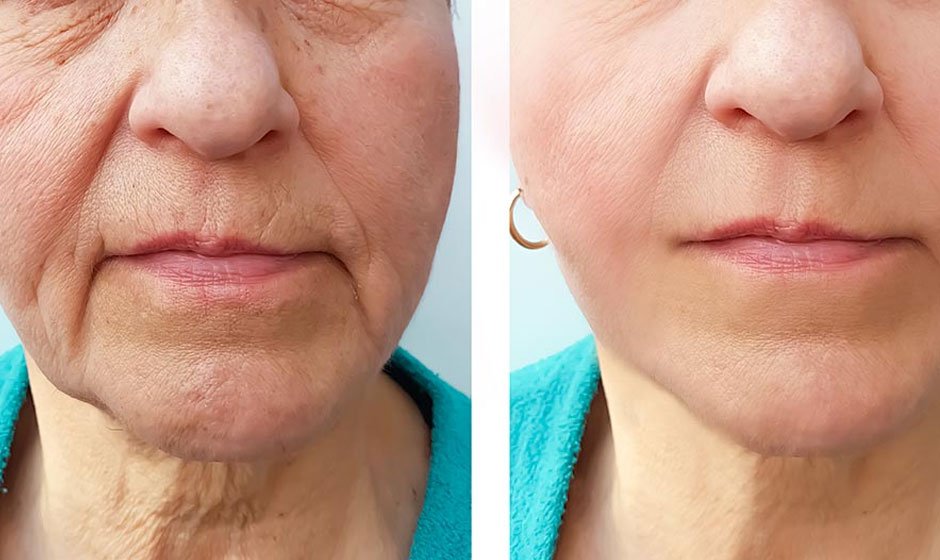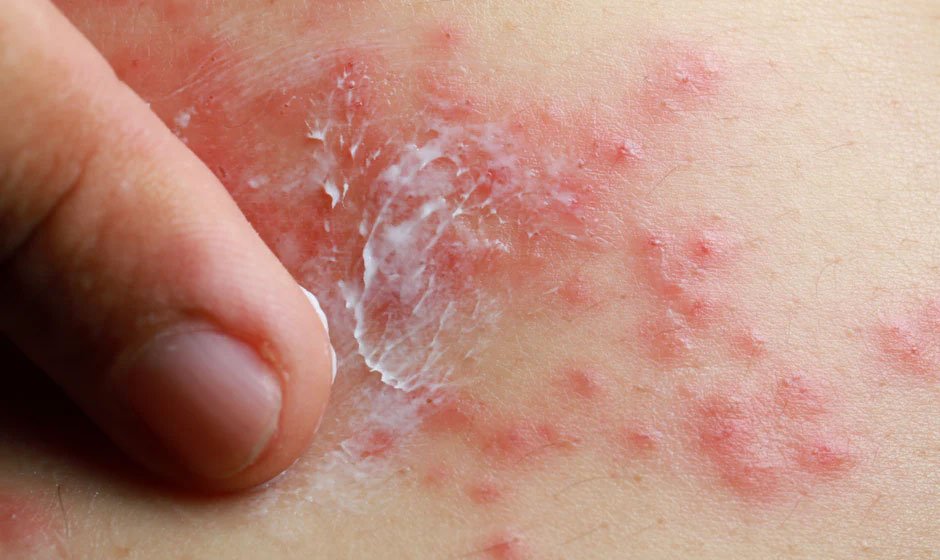Introduction
In the vast world of health conditions, one often stumbles upon unique and intriguing topics. Today, let’s delve into the fascinating realm of royal honey and uncover a question that piques curiosity: how long does royal honey last? This article explores the various facets of royal honey, its potential health benefits, and sheds light on the longevity of this remarkable substance.
Health Conditions: Navigating the Spectrum
Featured Conditions:
- Breast Cancer
- IBD
- Migraine
- Multiple Sclerosis (MS)
- Rheumatoid Arthritis
- Type 2 Diabetes
Sponsored Topics:
- Acid Reflux
- ADHD
- Allergies
- Alzheimer’s & Dementia
- Bipolar Disorder
- Cancer
- Crohn’s Disease
- Chronic Pain
- Cold & Flu
- COPD
- Depression
- Fibromyalgia
- Heart Disease
- High Cholesterol
- HIV
- Hypertension
- IPF
- Osteoarthritis
- Psoriasis
- Skin Disorders and Care
- STDs
Discover:
- Wellness Topics
- Nutrition
- Fitness
- Skin Care
- Sexual Health
- Women’s Health
- Mental Well-Being
- Sleep
- Product Reviews
- Vitamins & Supplements
- Sleep
- Mental Health
- Nutrition
- At-Home Testing
- CBD
Men’s Health:
- Original Series
- Fresh Food Fast
- Diagnosis Diaries
- You’re Not Alone
- Present Tense
- Video Series
- Youth in Focus
- Healthy Harvest
- Through An Artist’s Eye
- Future of Health
Plan:
- Health Challenges
- Mindful Eating
- Sugar Savvy
- Move Your Body
- Gut Health
- Mood Foods
- Align Your Spine
Find Care:
- Primary Care
- Mental Health
- OB-GYN
- Dermatologists
- Neurologists
- Cardiologists
- Orthopedists
Lifestyle Quizzes:
- Weight Management
- Am I Depressed? A Quiz for Teens
- Are You a Workaholic?
- How Well Do You Sleep?
Tools & Resources:
- Health News
- Find a Diet
- Find Healthy Snacks
- Drugs A-Z
- Health A-Z
Connect:
- Find Your Bezzy Community
- Breast Cancer
- Inflammatory Bowel Disease
- Psoriatic Arthritis
- Migraine
- Multiple Sclerosis
- Psoriasis
Follow us on social media:
- Health Conditions
- Discover
- Plan
- Connect
- SUBSCRIBE
Unraveling the Mysteries of Royal Honey: A Deep Dive
Nutrition: A Cornerstone of Well-Being
Special Diets:
- Healthy Eating
- Food Freedom
Conditions:
- Feel Good Food
Products:
- Vitamins & Supplements
Sustainability:
- Weight Management
8 Raw Honey Benefits for Health
Raw honey, a golden elixir that transcends its sweet taste, has been celebrated throughout history for its medicinal properties. Here are eight compelling benefits that make raw honey a remarkable addition to your health journey:
1. Antioxidants
Raw honey is a treasure trove of antioxidants, plant chemicals that shield your body from cell damage caused by free radicals. These antioxidants play a pivotal role in combating the aging process and may contribute to preventing chronic diseases like cancer and heart disease. Polyphenols, specific antioxidant compounds in raw honey, exhibit anti-inflammatory effects, offering protection against conditions associated with oxidative stress.
2. Raw Honey Nutrition
The nutritional content of raw honey varies based on its origin. Generally, one tablespoon of raw honey contains 64 calories and 17 grams of sugar. Additionally, raw honey provides micronutrients such as calcium, magnesium, manganese, niacin, pantothenic acid, phosphorous, potassium, riboflavin, and zinc. Its rich profile also includes varying amounts of amino acids, enzymes, and other beneficial compounds.
3. Antibacterial and Antifungal Properties
Research indicates that the propolis in raw honey possesses potent antibacterial and antifungal properties. This opens avenues for both internal and topical treatments, making raw honey a versatile remedy. Some varieties are being studied for specific therapeutic uses, particularly against Candida-associated infections.
4. Healing Wounds
A 2018 review highlighted honey’s antimicrobial properties, emphasizing its potential in wound healing. The medical-grade honey used in research settings is inspected and sterile, cautioning against using store-bought honey for treating cuts. Always consult with a medical professional before utilizing honey for medical purposes.
5. Phytonutrient Powerhouse
Phytonutrients, found in plants, contribute to honey’s antioxidant, antibacterial, and antifungal prowess. These compounds, responsible for protecting plants from harm, are also attributed to raw honey’s immune-boosting and anticancer benefits. The heavy processing in regular honey can compromise these valuable nutrients.
6. Help for Digestive Issues
While more research is needed, honey is sometimes explored as a treatment for digestive issues, including potential benefits against Helicobacter pylori (H. pylori) bacteria, a common cause of stomach ulcers. Raw honey’s prebiotics nourish the beneficial bacteria in the intestines, crucial for digestion and overall health.
7. Soothe a Sore Throat and Cough
A tried-and-true remedy, honey’s efficacy in soothing sore throats and alleviating coughs is backed by studies. It can be added to hot tea with lemon during a cold virus. Recent research suggests honey’s superiority in improving upper respiratory tract infections.
8. Brain Benefits
The polyphenols in honey show promise in countering inflammation in the hippocampus, the brain’s memory center. Beyond its sweet taste, honey’s antioxidant and anti-inflammatory effects extend to supporting brain health.
Are There Any Risks?
In addition to its array of benefits, raw honey carries potential risks. It may harbor harmful bacteria like Clostridium botulinum, especially risky for infants. The Centers for Disease Control and Prevention (CDC) strongly advise against giving honey to infants under a year old. Symptoms of botulism poisoning in infants include constipation, slow breathing, sagging eyelids, loss of head control, and more. In adults, symptoms can range from diarrhea and vomiting to blurred vision and muscle weakness. If such symptoms arise after consuming raw honey, seeking medical attention is crucial. Individuals with honey or bee pollen allergies should also avoid honey consumption.
Choosing the Right Raw Honey
Selecting high-quality raw honey involves careful consideration. Look for honey labeled specifically as “raw” or obtain it from a trusted local producer. Terms like “natural,” “organic,” or “pure” on labels don’t guarantee rawness. Ensure the absence of added ingredients like artificial sweeteners. Mainstream and organic grocery stores, health food stores, and farmer’s markets are excellent places to find authentic raw honey.
Storing Raw Honey
While honey has a long shelf life, proper storage is essential to prevent contamination. Store honey in a tightly sealed container, away from light and extreme temperatures. Crystallization over time is normal and safe; gently warming the honey can revert the crystals. However, excessive heat can compromise raw honey’s properties and alter its color. If honey undergoes drastic color changes or emits an off-putting odor, it’s advisable to discard it.
Conclusion: The Timeless Elixir
In conclusion, royal honey, in its raw and unadulterated form, is a multifaceted substance that goes beyond being a delectable sweetener. Its rich nutritional profile, coupled with diverse health benefits, makes it a valuable addition to your wellness journey. However, it’s essential to approach honey consumption with caution, considering potential risks, especially for vulnerable populations like infants. The key to unlocking the secrets of royal honey lies in choosing quality sources, understanding its benefits, and ensuring proper storage. So, the next time you savor the golden goodness of raw honey, you not only indulge your taste buds but also embrace a time-honored elixir that has captivated cultures across centuries.






